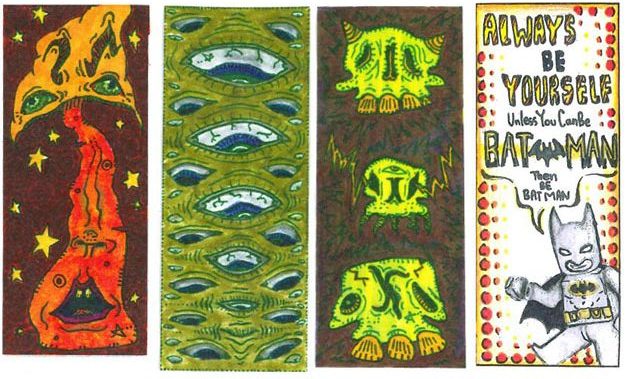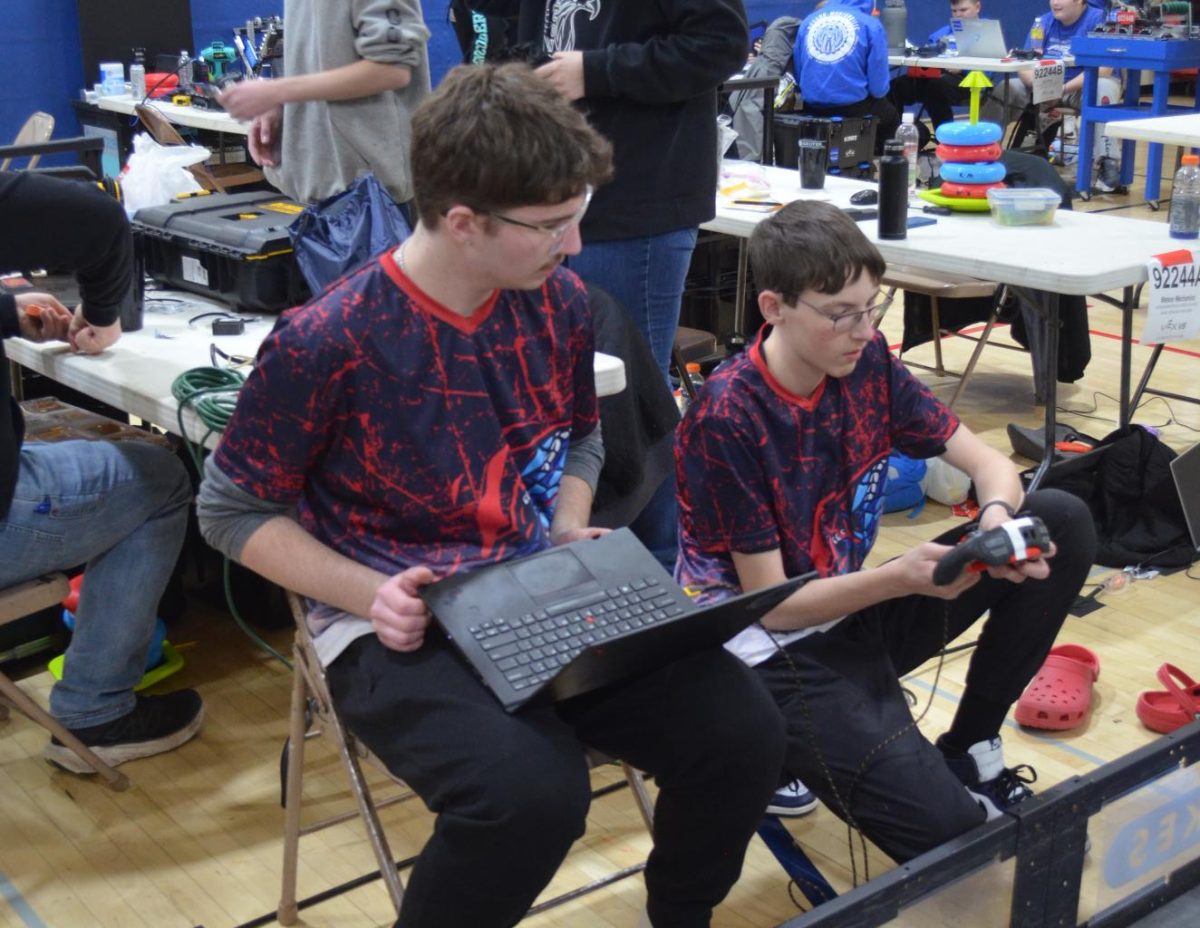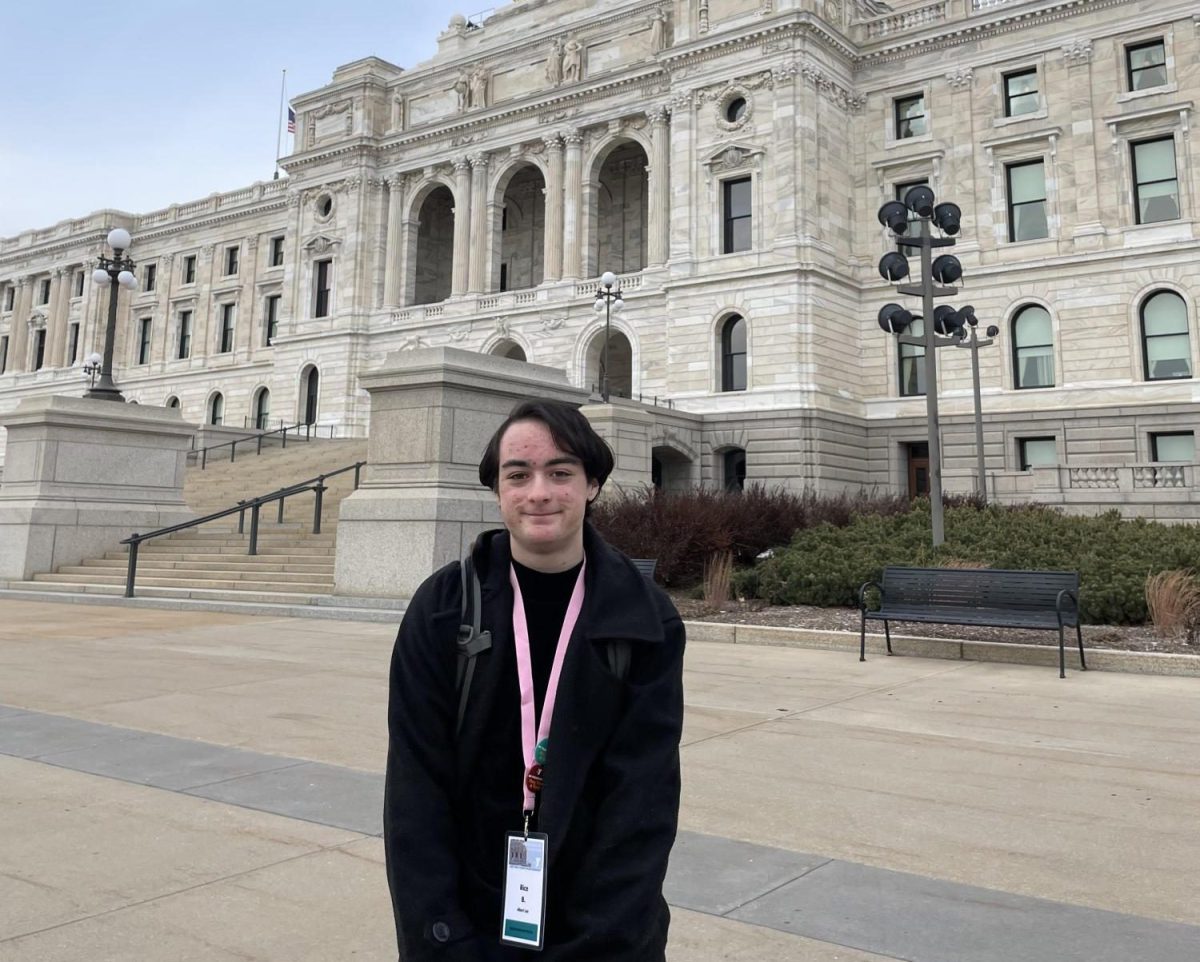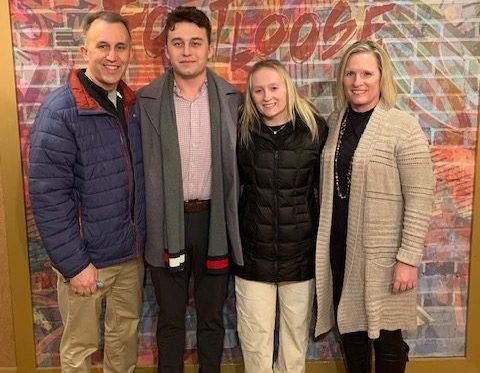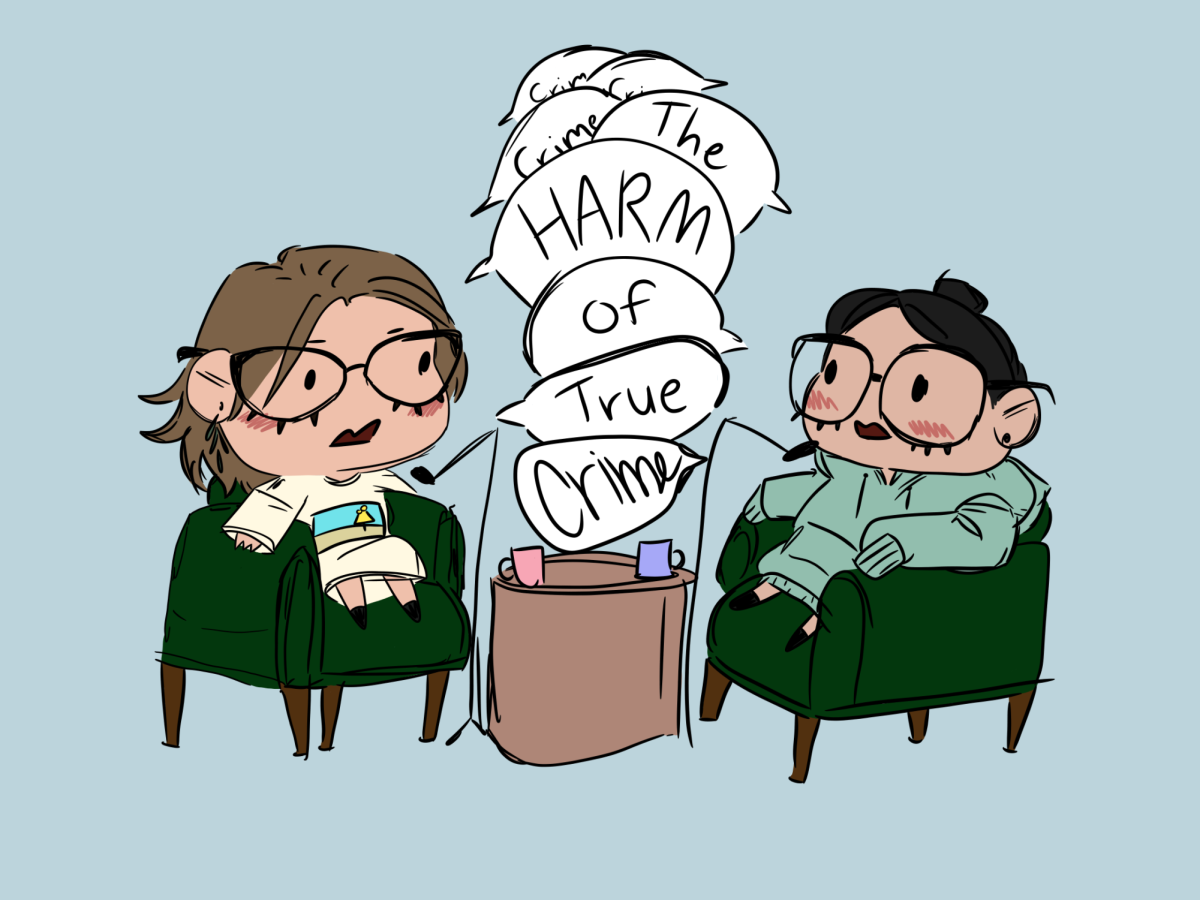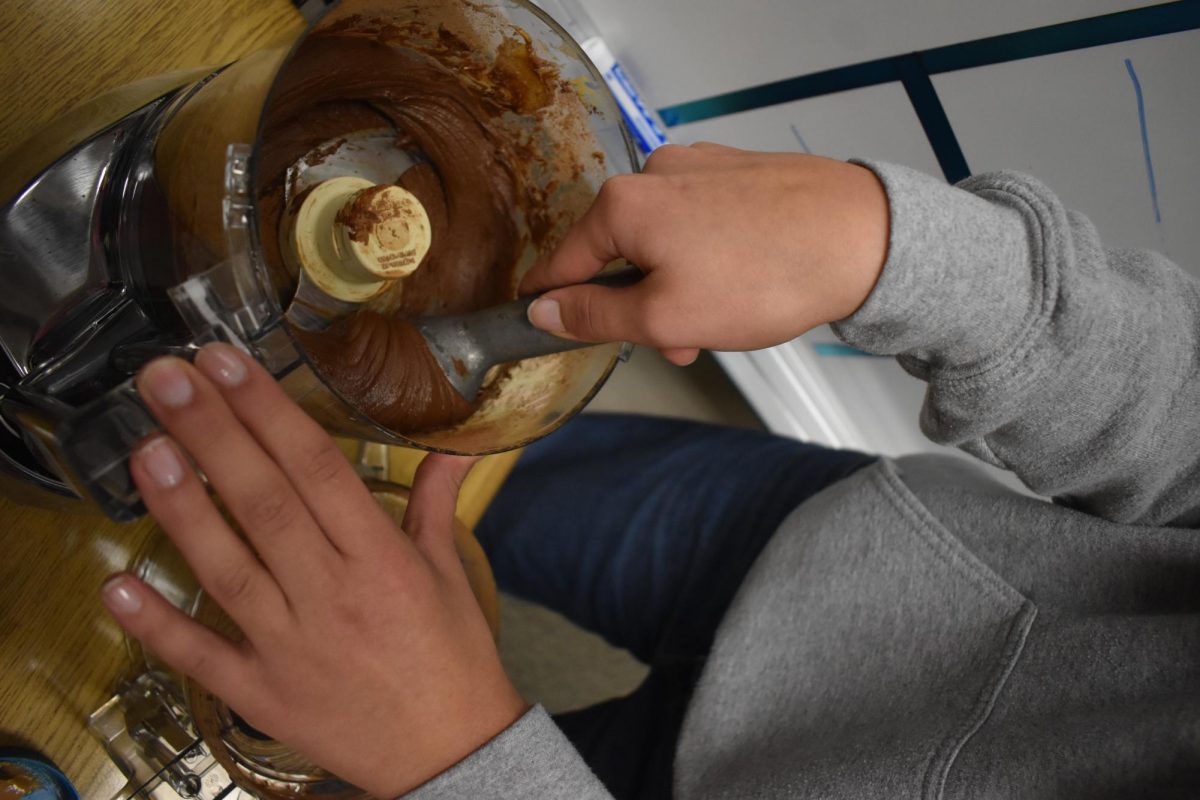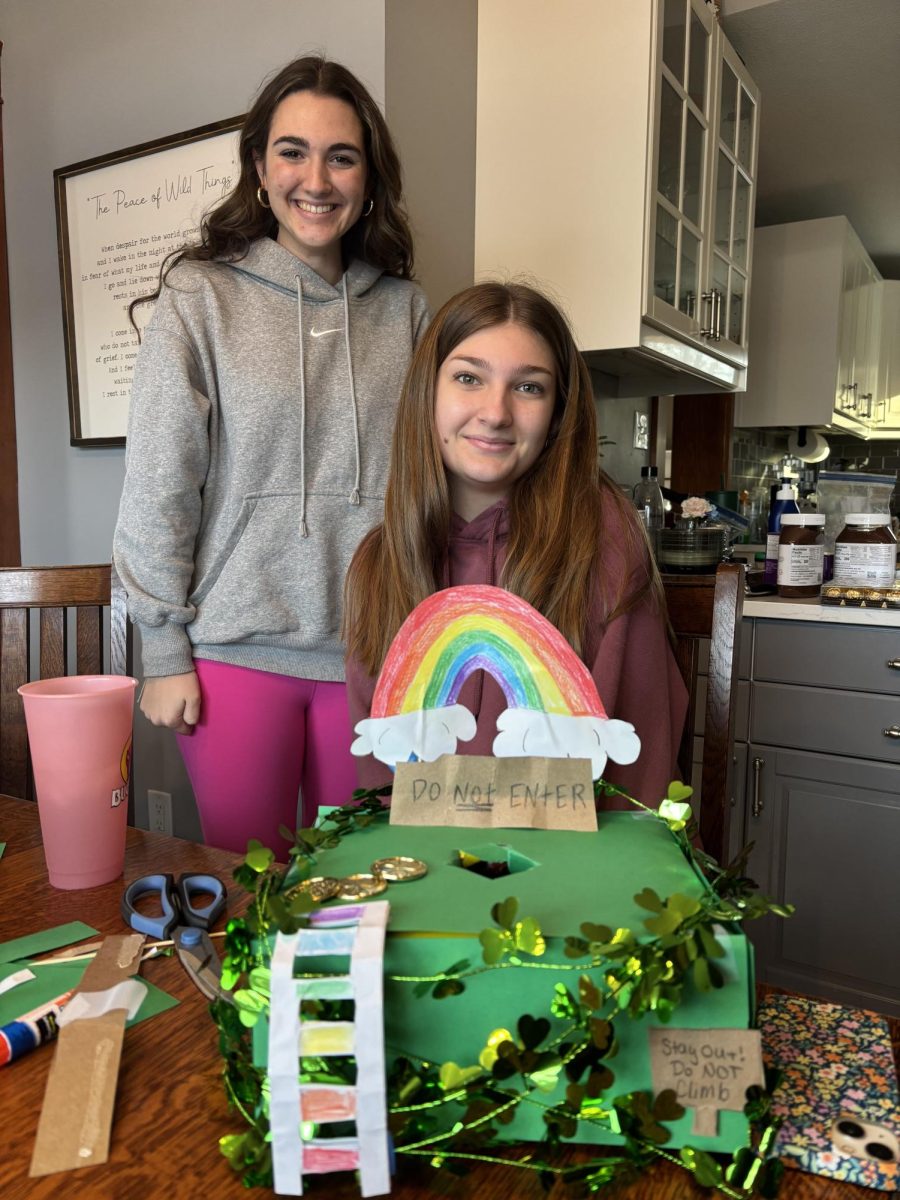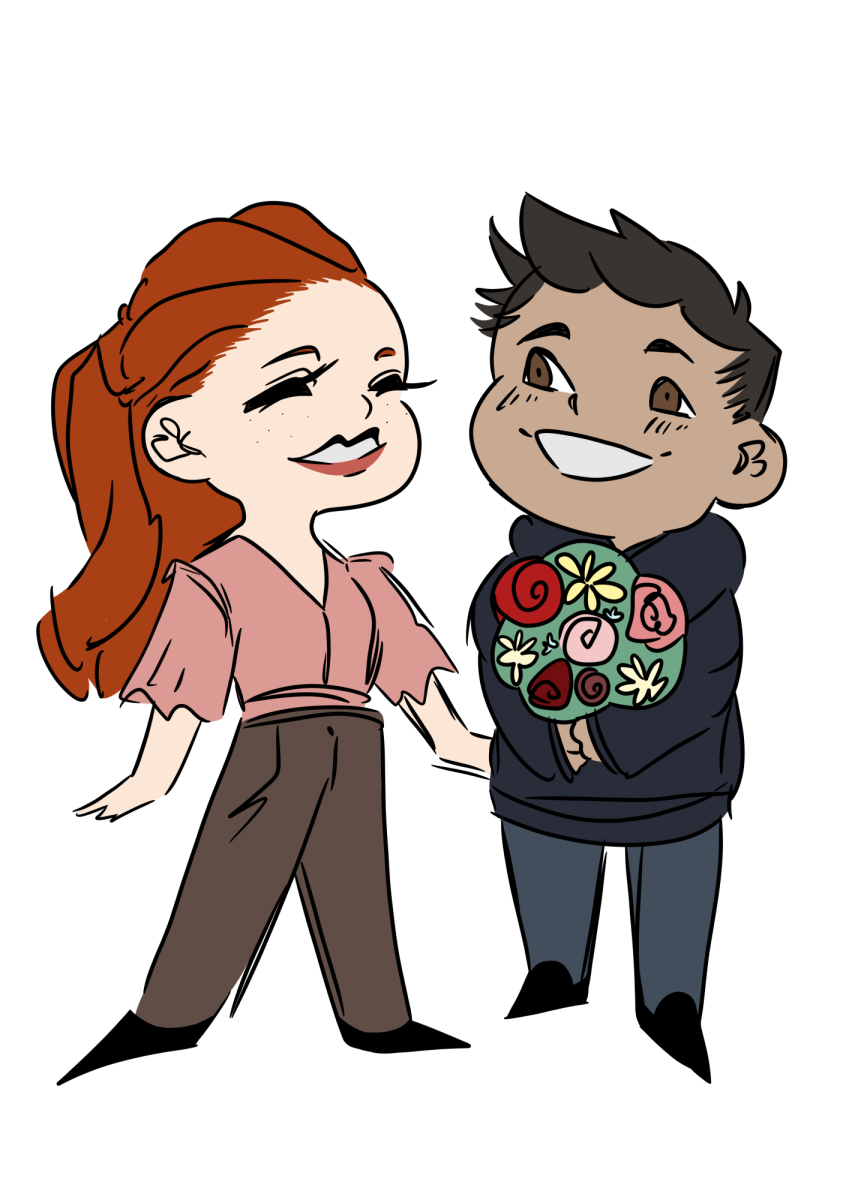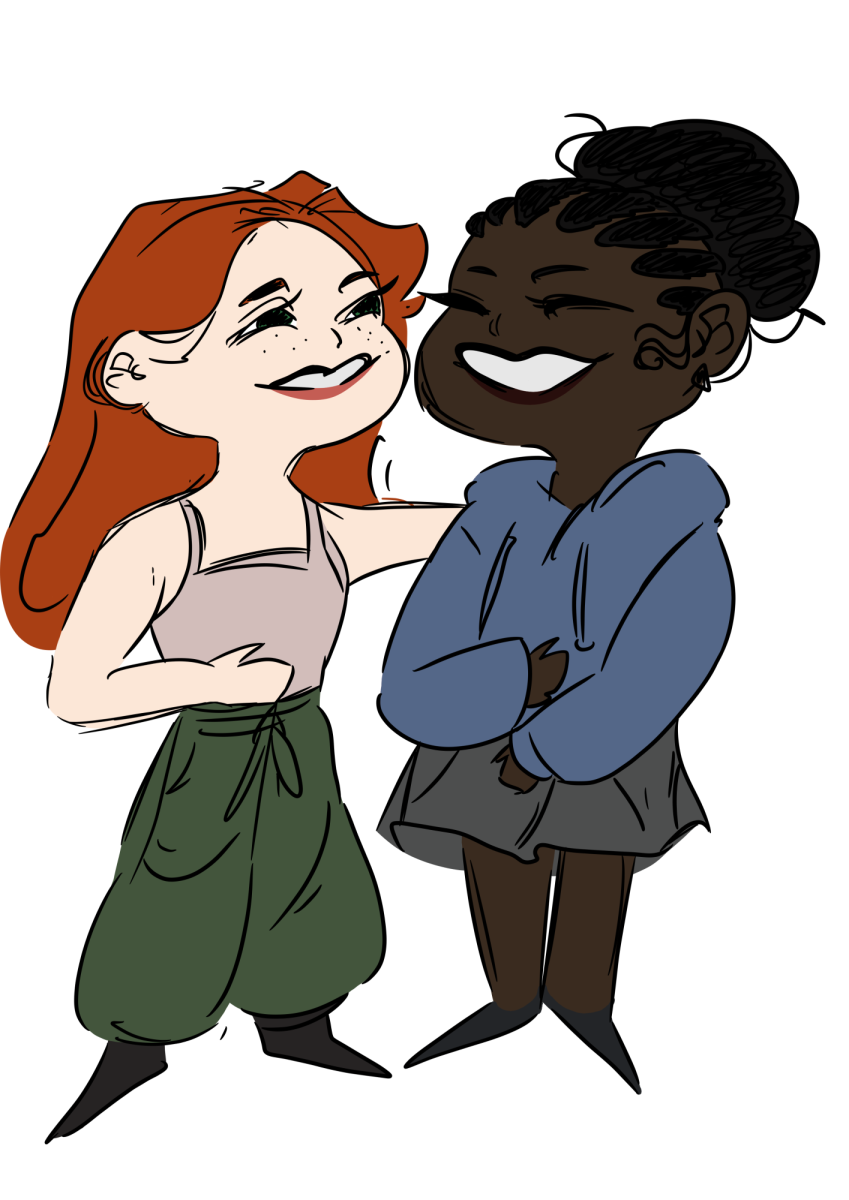Suicide Prevention is Everyone’s Job
We have all heard the jokes, or even made the jokes ourselves, seen the funny comics and memes about people killing themselves. Suicide is not the same. Suicide is not a punchline. There is a difference between someone making a joke about killing themselves and someone who is genuinely talking about suicide.
In Albert lea High Schools these jokes are commonplace and have changed in the past few years. A joke that used to turn the eyes of a room has now become a fairly normal occurrence between teenagers. This allows suicide to be talked about with less of taboo than it used to have, but it also can make an actual cry for help be drowned out by laughter.
According to the American Foundation for Suicide Prevention suicide is the second highest cause of death for people aging 15 to 34, claiming more than 12,000 lives every year in that age group alone. These numbers are not including the countless number of people who have attempted suicide. Researchers have estimated that for every 1 suicide there is 25 attempts; however, much of the evidence is hard to back up due to the amount of people who don’t report their attempts and get the help that they need.
Depression is a mental disorder than many people who have attempted death by suicide feel. The two general categories of depression are unipolar and bipolar. Unipolar is a persistent feeling of being in a depressed state, bipolar disorder is a illness resulting in major depression and an intense manic state. Some noticeable symptoms of depression can be, but are not limited to, a lack of energy, restlessness, distance from friends or weight loss. Depression can result in self harming, eating disorders or even death. If you think that you or someone close to you is depressed or self harming do not keep it to yourself, inform a counselor or a parent immediately.
Suicide is not caused by one climactic event. According to The Parent Resource Program it is caused by complex and long term mental health illnesses, and four out of five teens give clear warning signs. The abuse of drugs or alcohol can be a leading precursor to suicide. Teenagers and young adults become attached to these substances and feel like they need them to get through their day. If you or someone you know has become dependent on drugs or alcohol it can be difficult to help them get out of it, but leaving them alone can be just as harmful as the substances they are hooked on. If you or someone you know needs help with substance abuse please contact this confidential hotline, 1-800-662-4357 (HELP).
“Suicide is not a personal failing it is the outcome of a mental health condition,” said Kara Bennett, community educator The National Alliance on Mental Illness. “It’s not a crime to be sick,” said Bennett, who wants us to change the way we talk about suicide. A person does not commit suicide, the person has died by suicide. By using the word commit we are making suicide seem like it’s only about the legal aspect, rather than the person who has died by suicide. These are people who are losing their lives because of these illnesses, and they are not just statistics.
Death by suicide can be very sudden for many of the people close to them; however, there are warning signs that can help loved ones identify symptoms. The Anxiety and Depression Association of America says that certain people will talk about feeling trapped or unbearable pain, talk about being a burden to others, sleeping too much or more than usual, increased use of drugs or alcohol, being withdrawn or more isolated, extreme mood swings, talking about not having a purpose, showing rage, talking about seeking revenge, being reckless or feeling anxious.
“Our number one thing is that we are here to support you,” said Chelsie Hinrichs, a counselor at ALHS. “ We wanna make sure that you know about the resources that you have and how that we can help you.” Hinrichs said that one of the biggest problems is when students don’t know when to go to an adult with their feelings. “When you guys are going through a tough time we are here for you, but also if you’re having a great day we’re here for that too.”
If you have a loved one who is feeling any of these symptoms do not leave them alone, be sure to remove any sharp or dangerous objects that are around and try to remove any drugs or alcohol from the premises. If you cannot get through to them or feel overwhelmed talk to the national suicide prevention hotline at any time at 1-800-273-8255 (TALK).
“If you ever feel this way seek out an adult immediately,” said Hinrichs. “Whether that be us in the office, or your teacher, or a hall monitor or a para, whomever.” Hinrichs wants all student to remember that they are not alone and that the counselors in the office will be there for you whenever you need them.
If you feel any of these symptoms yourself please do not hesitate to talk to someone. The school has three counselors that will talk to you at anytime. Or you can contact the free crisis text hotline at 741-741, where you will be connected to trained crisis counselor right away. ALHS will be providing these numbers on business cards for all students. The “Care Cards’ will be available in the office soon.
Everyone has their hard times, and that may make it feel like others are ignoring your feelings. Please do not feel like you are alone. There is a collection of students and staff who are here to help you.
If you or someone you know are dealing with any of the problems you need to speak up. Talk to your parents, counselor, friends or mentor about how you feel.
You are important.
You matter.


![At the pepfest on Feb. 13 the Winterfest Royalty nominees were introduced. There were two girls and two boys candidates from each grade. Royalty included Prince Axel Calderon (11), Jacob Miller (12), Princess Maya Fuller (11), Brecken Wacholz (10), Ethan Brownlee (9), Lord Given Saw (9), Lilly Elmer (9), Angela Buansombat (10), Queen Jenna Balfe (12), Hanna Austinson (11), Raegan Broskoff (8), Duchess Evalyn Holcomb (10), Jordyn Earl (8), and Lady Leighton Brenegan (9). Not pictured include: King Kaiden Baldwin-Rutherford (12), Piper Aanes (12), Blair Blake (11), Duke Kuol Duol (10), Thoo Kah (8) and Aidric Calderon (8). Student council member and Junior Prince Axel Calderon said, “It [the nomination] means that I’m kind of a student leader. I hopefully show younger kids what it means to be a part of the student council and lead the school.”](https://www.ahlahasa.com/wp-content/uploads/2025/03/front-page-1200x800.jpeg)


